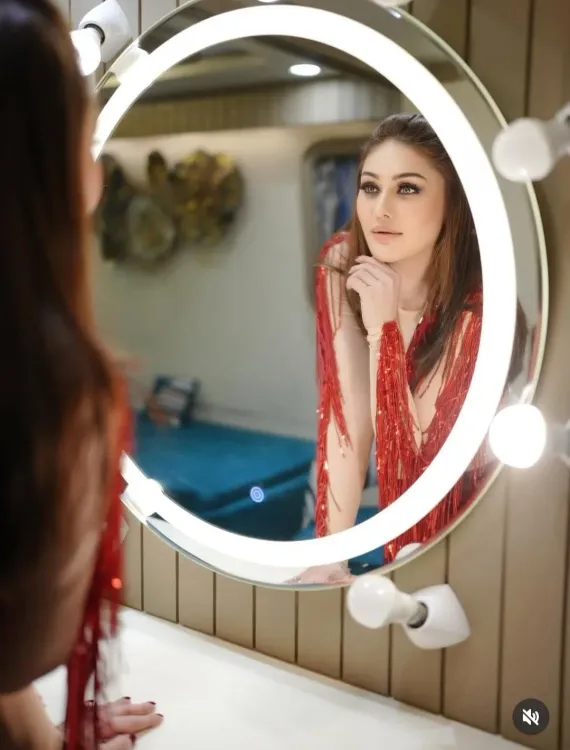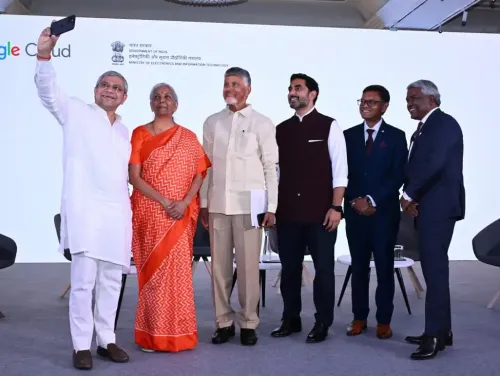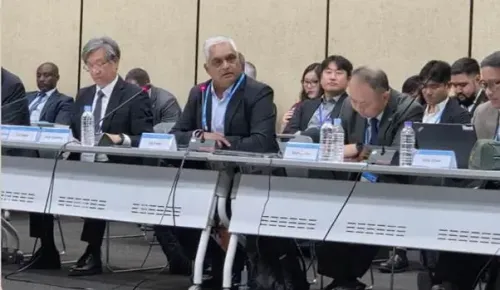Should anti-ageing medicines be prohibited in India?

Synopsis
Key Takeaways
- Unregulated use of anti-ageing medicines poses health risks.
- Experts call for stricter regulations on these products.
- Cosmetic procedures are becoming increasingly popular in India.
- Safety and efficacy of such treatments need to be validated through scientific research.
- Public health must be prioritized over cosmetic trends.
New Delhi, July 5 (NationPress) Following the tragic passing of actress Shefali Jariwala, concerns have emerged regarding the implications of cosmetic treatments. Experts have stated that while anti-ageing medicines are increasingly popular, they often lack regulation and can lead to significant health risks.
Shefali, renowned for her iconic role in the 2002 music video 'Kaanta Laga', passed away in Mumbai on June 27 at the age of 42.
Initial reports indicate that her death resulted from cardiac arrest, with investigations suggesting she utilized a mix of anti-ageing injections, purportedly self-administered during fasting.
“The rise in popularity of anti-ageing medicine is evident, yet it remains largely unregulated. Many of these products are marketed without adequate scientific backing to support their efficacy. Some could potentially have detrimental side effects, particularly when used over extended periods,” stated former AIIMS Director Dr. Randeep Guleria in an interview with IANS.
“The term anti-ageing lacks scientific validity. While skin whitening can be achieved through specific medications, it is not synonymous with halting the natural ageing process,” added Rajeev Jayadevan, Convener of the Research Cell at Kerala State IMA.
Media outlets referencing police inquiries reported that Shefali had been using skin whitening and anti-ageing treatments, especially glutathione and Vitamin C, for nearly eight years without ongoing medical supervision after her initial consultation.
“Administering a medication via IV injection circumvents the body’s natural protective mechanisms related to gut absorption and liver metabolism. Consequently, the concentration of the drug may escalate dramatically in the bloodstream and tissues,” Jayadevan explained to IANS.
“It is crucial to regulate IV medications carefully and prevent any risk of contamination,” he emphasized.
Jayadevan also highlighted “incidents from Australia and the Philippines regarding the contamination of IV glutathione vials with toxins, as well as the serious side effects associated with these products.”
India is currently experiencing a surge in cosmetic procedures. According to the latest ISAPS Global Survey, India ranks among the top 10 nations worldwide for aesthetic procedures, following leaders like the US, Brazil, and Japan.
“There is an undeniable necessity to regulate these medicines. If there is insufficient evidence regarding their safety or effectiveness, and they are found to be harmful, then they should indeed be banned. This applies to other substances as well, such as muscle-building drugs that are frequently misused,” Guleria concluded.









